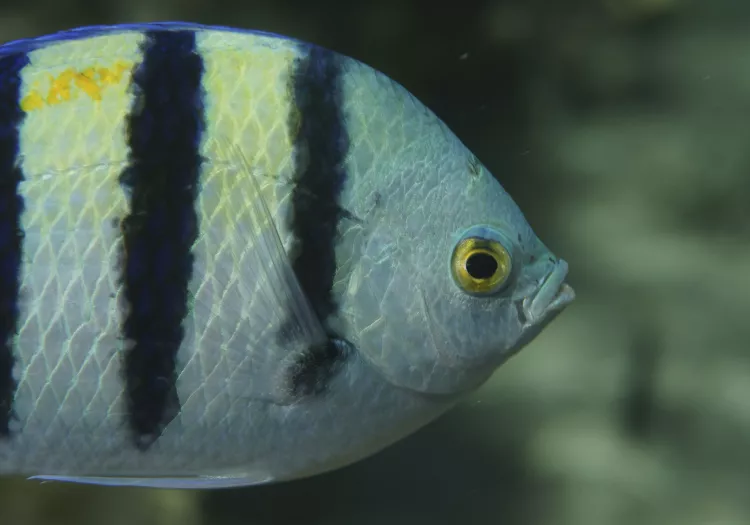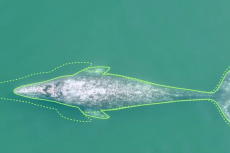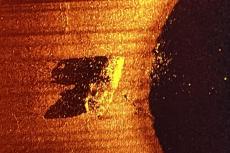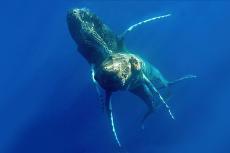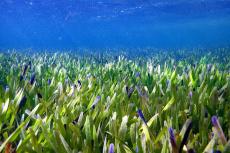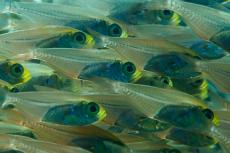Add more fish to save coral reefs
Fishing is a primary driver in the degradation of reef function, which in turn has generated growing interest in finding fisheries management solutions to support reef resilience.
Fishing is the primary source of diminished reef function globally, leading to widespread calls for additional marine reserves to recover fish biomass and restore key ecosystem functions.
Removing too many herbivorous and predatory fish species deprives coral reefs of critical ecosystem functions and the capacity to respond effectively to other disturbances. Knowing the right amount to leave behind can help local fisheries set clear limits on how many fish can be taken without threatening the ecosystem they rely on.
Crucial ecosystem functions can be maintained through a range of fishery restrictions, allowing coral reef managers to develop recovery plans that meet conservation and livelihood objectives in areas where marine reserves are not socially or politically feasible solutions.
Recovery potential
Scientists studying the recovery potential of more than 800 coral reefs along an exploitation gradient have found that resident reef fish biomass in the absence of fishing averages ~1,000 kg per hectare, and that the vast majority (83%) of fished reefs are missing more than half their expected biomass, with severe consequences for key ecosystem functions such as predation.
Given protection from fishing, reef fish biomass has the potential to recover within 35 years on average, and less than 60 years when heavily depleted. Notably, alternative fisheries restrictions are largely successful (64%) at maintaining biomass above 50% of potential fish biomass, sustaining key functions such as herbivory.
- Log in to post comments


